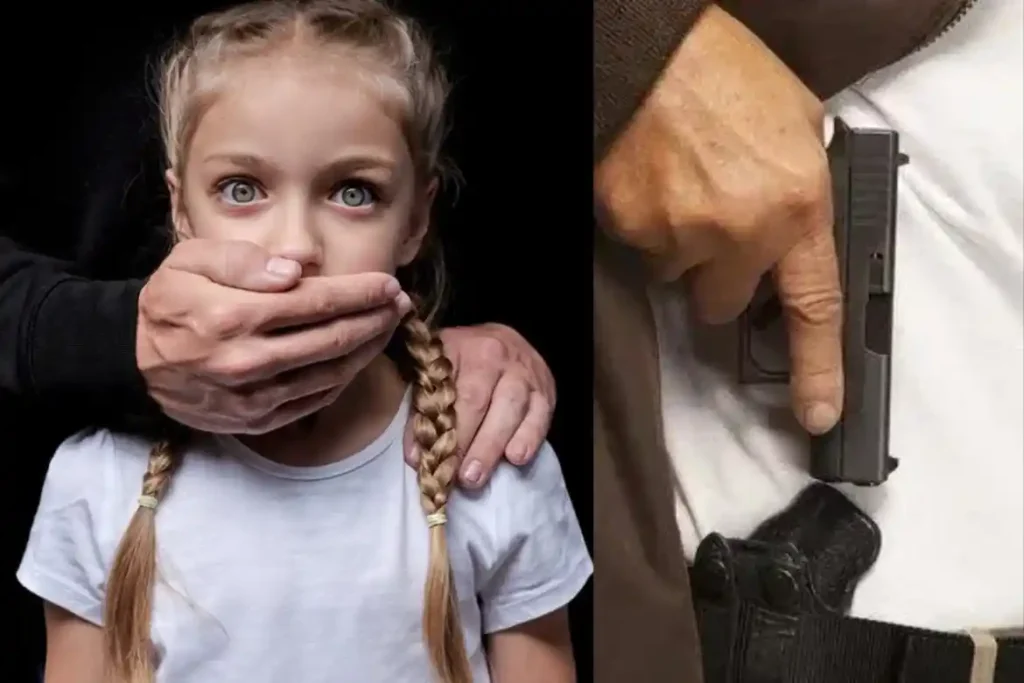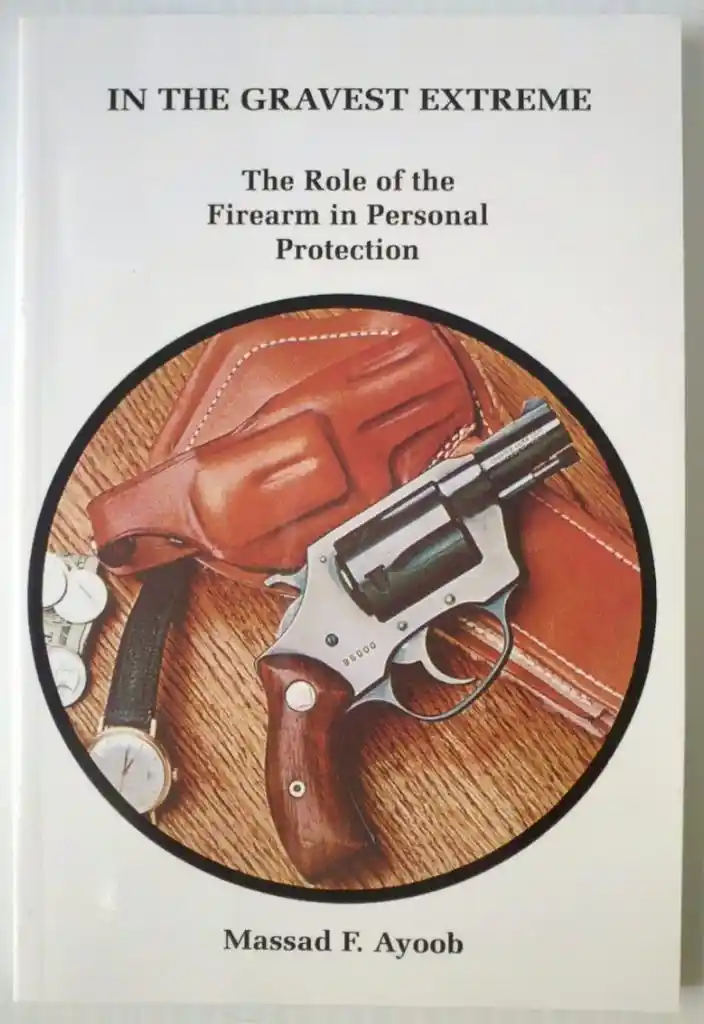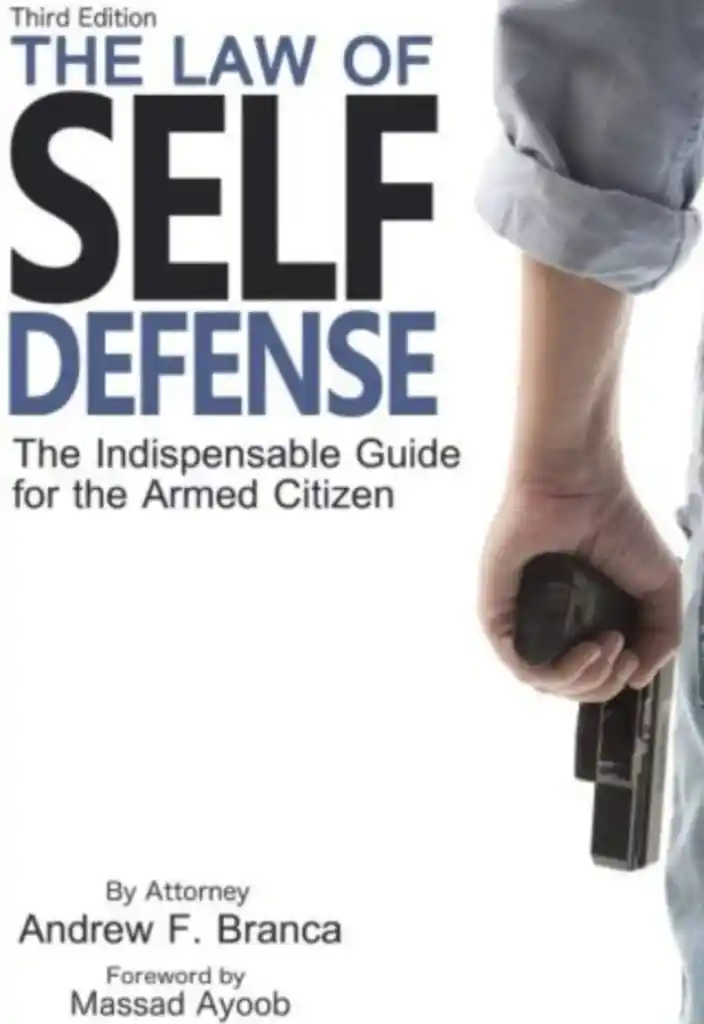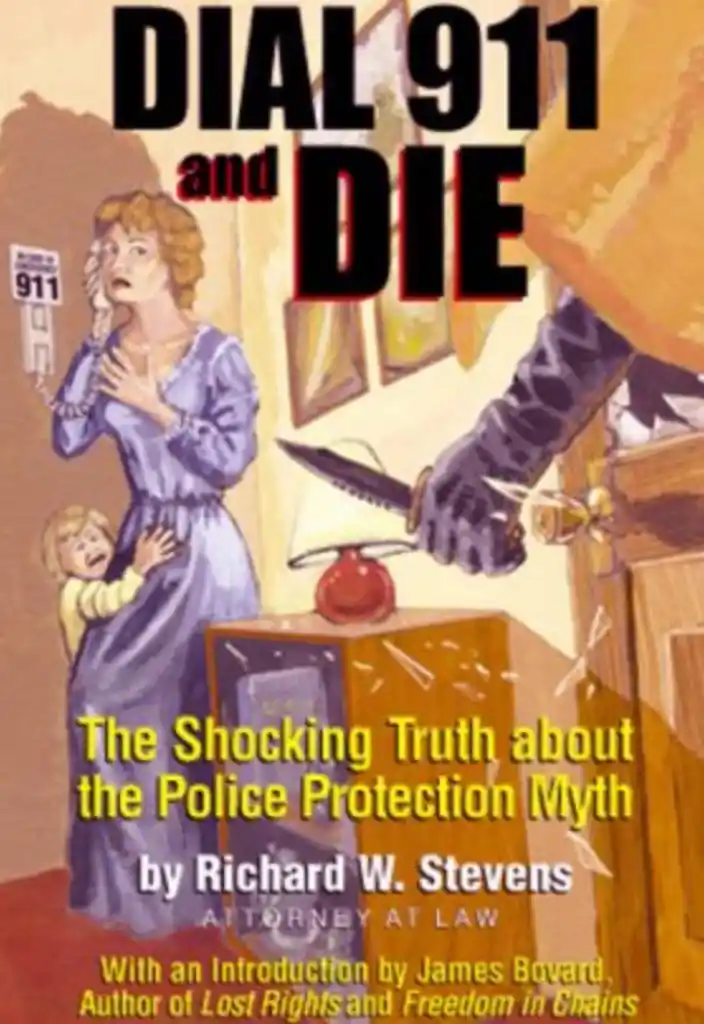When a kidnapping occurs, every second counts. But what if you had the means to take control of the situation? Can you use a gun to stop a kidnapping and save a life? The answer is not as simple as you might think. We’ll explore the Legal Considerations, Ethical Considerations, and Recommendations for those in this situation, as well as guidance on If You Choose to Use a Firearm.
Table of Contents

Using a gun to stop a kidnapping is a complex issue with legal and ethical considerations. While the immediate impulse may be to protect the victim, the use of lethal force should be considered a last resort and only under specific circumstances.
Can You Use a Gun to Stop a Kidnapping?
Using a gun to stop a kidnapping is a complex issue with legal and ethical considerations. While the immediate impulse may be to protect the victim, the use of lethal force should be considered a last resort and only under specific circumstances.
Legal Considerations:
- Self-Defense/Defense of Others: In most jurisdictions, the use of deadly force is legally justified if you or someone else is in imminent danger of serious bodily harm or death. If the kidnapper poses such a threat, using a firearm might be considered justifiable.
- State Laws: Laws regarding self-defense and the use of deadly force vary significantly from state to state. Some states have “Stand Your Ground” laws, while others require a duty to retreat if possible. Familiarize yourself with the laws in your state.
- Proportionality: The force used must be proportional to the threat. Using a gun against an unarmed kidnapper who is not posing an immediate threat of serious harm could lead to legal consequences.
Ethical Considerations:
- Risk to Innocent Bystanders: Using a firearm in a public place always carries the risk of harming innocent bystanders. This should be a major consideration before taking such action.
- Alternative Actions: Are there other actions you can take to stop the kidnapping without resorting to lethal force? Calling the police, providing a description of the kidnapper and their vehicle, or attempting to safely intervene without using a weapon should be considered first.
- Psychological Impact: Using deadly force can have lasting psychological consequences for both the shooter and the victim. It’s important to be aware of this potential trauma.
Recommendations:
- Prioritize Safety: The primary goal should be to ensure the safety of yourself and the victim. If using a firearm is not the safest option, consider alternatives.
- Call the Police: Immediately report the kidnapping to the authorities and provide as much information as possible.
- Cooperate with Law Enforcement: Follow the instructions of law enforcement and provide any information that may help them apprehend the kidnapper.
If You Choose to Use a Firearm:
- Target Identification: Ensure you have positively identified the kidnapper and that they pose an immediate threat of serious harm or death.
- Target Isolation: Make sure your shot will not endanger innocent bystanders.
- Accuracy: Only fire if you are confident in your ability to hit the target accurately.
- Be Prepared for Consequences: Using a firearm, even in self-defense, can have legal and emotional consequences. Be prepared to deal with them.
Using a gun to stop a kidnapping is a serious decision with significant legal and ethical implications. It should only be considered as a last resort when all other options have been exhausted and there is an immediate threat of serious harm or death.
Disclaimer: This information is not intended as legal advice. Consult with an attorney in your jurisdiction to understand the specific laws regarding self-defense and the use of deadly force.
Real-Life Examples and Case Studies
Real-life incidents involving the use of firearms to prevent kidnappings can help illustrate the complexity of the decision-making process in such high-stakes situations. For example, in some cases, civilians have successfully stopped kidnappers, but in others, the situation escalated, leading to tragic outcomes.
Case Study 1: A Successful Intervention In a 2018 case in Texas, a bystander witnessed a kidnapping in progress and used their legally carried firearm to intervene. The individual managed to stop the kidnapper and free the victim without causing harm to anyone. The use of the firearm was deemed justifiable because the kidnapper was armed and posed an immediate threat to the victim’s life. The shooter faced no charges after a thorough investigation.
Case Study 2: Unintended Consequences Conversely, in a 2015 incident in California, a man attempted to stop a kidnapping using his firearm but mistakenly shot an innocent bystander in the process. Although the kidnapper was apprehended, the bystander’s injuries led to criminal charges against the shooter for recklessness. This case underscores the dangers of using firearms in public spaces, especially when bystanders are involved.
Similar Crime Stories
- Cherish Perrywinkle: Kidnapped from Walmart and Murdered
- Was Rainn Peterson Kidnapped?
- Why did the Menendez Brothers kill their Parents?
- Greg Kelley Case: Wrongfully Convicted of Child Rape
Read “In the Gravest Extreme: The Role of the Firearm in Personal Protection”

In Gravest Extreme: The Role of the Firearm in Personal Protection by Massad Ayoob: This book discusses the use of firearms for self-defense, including the legal and ethical considerations involved.
Read “The Law of Self Defense”

The Law of Self Defense, 3rd Edition by Andrew F. Branca: This book provides a comprehensive overview of self-defense laws in the United States, including the use of deadly force in situations like kidnapping.
Read “Dial 911 and Die”

Dial 911 and Die by Richard W. Stevens: This book argues for the importance of self-defense and the right to bear arms, citing numerous cases where individuals used firearms to protect themselves and others.
FAQs
What is the most famous kidnapping ever?
A Well-known case is the 2002 kidnapping of Elizabeth Smart. Smart, a 14-year-old from Salt Lake City, Utah, was abducted from her home and held captive for nine months before being rescued. Her case drew widespread media coverage and led to increased awareness about child abduction and missing persons.
What are the three stages of kidnapping?
Typically kidnapping involves three stages – acquisition, transportation, and control.
Should you fight a kidnapper?
Generally, it’s safest to avoid physical confrontation with a kidnapper if possible. Your priority should be to escape or de-escalate the situation if you can, but if you are in immediate danger, defending yourself may be necessary. Always prioritize personal safety and seek help as soon as possible.
How to Avoid being Abducted?
To reduce the risk of abduction, stay aware of your surroundings, avoid isolated areas, and trust your instincts. Keep personal information private, especially online, and ensure your phone is charged and accessible. Establish a safety plan with friends and family, and consider self-defense training for additional security.